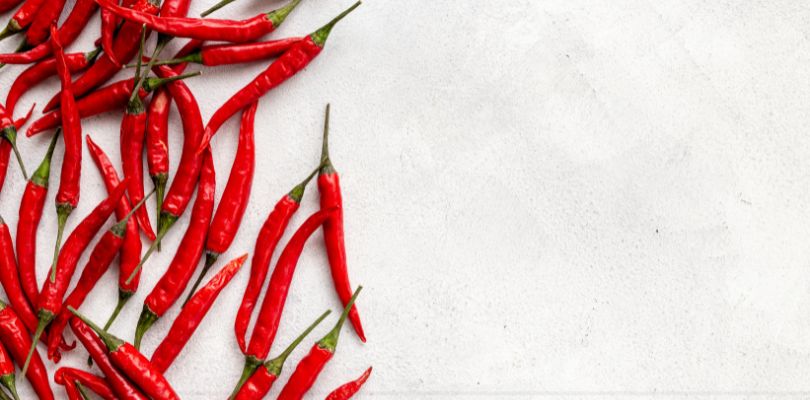Lacking the Nutrition
Hemophilia is a condition where your blood doesn’t clot properly. This means that even small cuts or injuries can take longer to stop bleeding. Eating the right foods is important for people with hemophilia to help manage their condition. Here are some foods you should avoid if you have hemophilia.
Worst Foods for Hemophilia
1. Foods High in Vitamin K
Vitamin K helps blood clot. While it is important for many people, too much vitamin K can make it harder for some blood clotting treatments to work. Foods like spinach, kale and broccoli are high in vitamin K. It’s good to eat them in moderation and follow your doctor’s advice.
This article will explore the worst foods for allergies, looking at 5 of the biggest offenders. Read on to learn more here.
2. Spicy Foods
Spicy foods can irritate your stomach and may increase the risk of bleeding or bruising. Foods like hot peppers, spicy sauces and curries should be eaten carefully or avoided.
3. Foods That Cause Gas
Foods that cause gas, like beans, cabbage and carbonated drinks, can make your stomach feel uncomfortable. This discomfort can be more serious for people with hemophilia, as it may increase the risk of bleeding in the digestive tract.
4. Raw Foods
Raw foods, like sushi or raw meat, can carry bacteria that may lead to infections. If you have hemophilia, it’s safer to eat cooked foods to reduce the risk of infection and bleeding complications.
5. Foods with High Sugar Content
Foods with a lot of sugar, like candy and sugary drinks, can lead to weight gain and other health issues. Being overweight can put extra strain on your body and increase the risk of bleeding or bruising.
Treatments for Hemophilia
Managing hemophilia often involves a combination of treatments and lifestyle changes. Here are some common treatments:
- Clotting factor replacement: This involves receiving clotting factors through injections or infusions to help your blood clot properly.
- Medications: Your doctor may prescribe medicines to help your blood clot better or to treat bleeding episodes.
- Avoiding injuries: Being careful to avoid accidents and injuries can help prevent bleeding. Wearing protective gear during activities can be helpful.
- Regular check-ups: Regular visits to your doctor can help monitor your condition and adjust treatments as needed.
Following a balanced diet and working closely with your healthcare team can help manage hemophilia and keep you healthy. Always talk to your doctor before making big changes to your diet.
Read on to learn more about the worst drinks for breast cancer.







